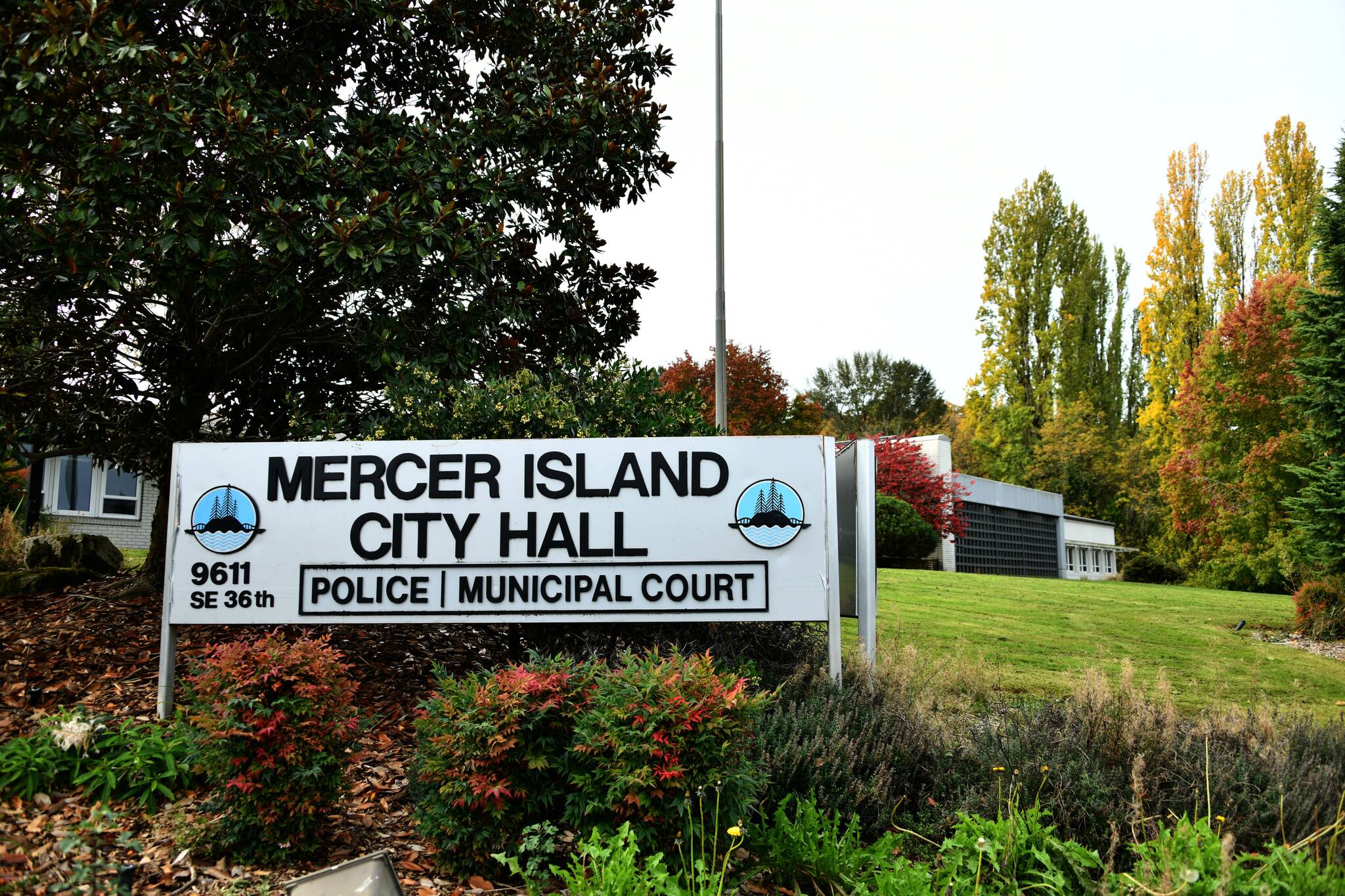For the fourth time, the Mercer Island Island City Council adopted an ordinance to extend the Town Center moratorium for an additional six-month period.
Council unanimously approved the ordinance and others on the consent agenda during its May 17 meeting and it will take effect on June 1. The moratorium renewal is slated to run through Dec. 2 unless it is repealed, extended or modified by the city, according to the ordinance document.
The moratorium timeline began with council’s unanimous adoption of the ordinance at its June 2, 2020, meeting. At that point, the moratorium was adopted on the acceptance of building permit applications or other land-use approvals for “major new construction” in the portion of the Town Center zone south of Southeast 29th Street, according to a previous Reporter article.
“The City Council indicated that the City desired to possibly complete updates and/or amendments to development regulations within the Mercer Island Town Center, including requirements for various types of commercial space,” reads an ordinance document.
On Sept. 1, 2020, council amended the ordinance to reduce the size of the moratorium zone at south of Southeast 29th Street, east of 77th Avenue Southeast and west of 80th Avenue Southeast.
During the appearances segment of the May 17 council meeting, Mercer Island resident Kian Bradley asked council to end the moratorium now because he’s seen reports of housing prices rising on the Island.
“A small part of the reason for this is just that we haven’t been developing as much housing as we need to keep up with the demand in the region,” he said.
Mayor Salim Nice said that over the last year, council has made significant progress to end the moratorium. This push began in late April 2021 when contracted firm Community Attributes, Inc. (CAI) presented its initial analysis and findings report. Part of CAI’s presentation noted: “Per code, new development north of SE 29th Street must provide ground floor street frontage commercial space for retail, restaurant, or personal services.”
Nice added: “In addition to resolving the ‘short term’ moratorium in the designated Town Center area, the City Council has also prioritized finding ‘long term’ solutions for the entire Town Center to address future demand and needs.”
Over the course of the last 21 months, city and council actions regarding the moratorium — which does not include single-family development — have included appropriating $50,000 for a Town Center retail analysis and approving a “placeholder” docket request for potential Town Center plan/code amendments; proposing code amendments — which are updated retail use required adjacent to street frontages, new commercial floor area ratio requirement and adding a selective “no net loss” provision — to the planning commission (which recommended council to not adopt the proposed amendments) and more.
Two months ago, council was moving toward finalizing a code proposal to halt the moratorium, according to the ordinance report, but staff didn’t anticipate completing legislative action before the moratorium’s expiration date and recommended the extension.
“Staff will continue working on the proposed code amendments and return to the City Council (at its June 21 meeting) for a final reading and adoption of the proposal before the summer recess,” the report reads, adding that staff plans to repeal the ordinance and end the moratorium at that meeting.
At the May 3 council meeting, Kenneth Katzaroff — a land-use attorney from Schwabe Williamson and Wyatt in Seattle — spoke at the public hearing and noted that his firm supports the moratorium in order to address the pending code changes for the Town Center zoning code.
As noted in a previous Reporter story, according to a Community Planning and Development Department report on the Town Center development, “protecting and expanding Mercer Island’s retail sector is of utmost importance to maintaining and improving the quality of life and emergency preparedness by providing local access to goods and services that are necessary to meet the daily needs of residents.”


